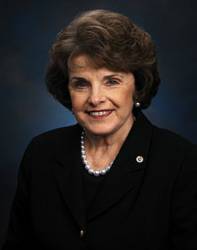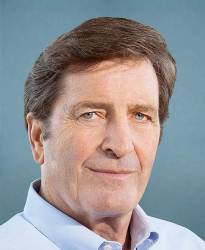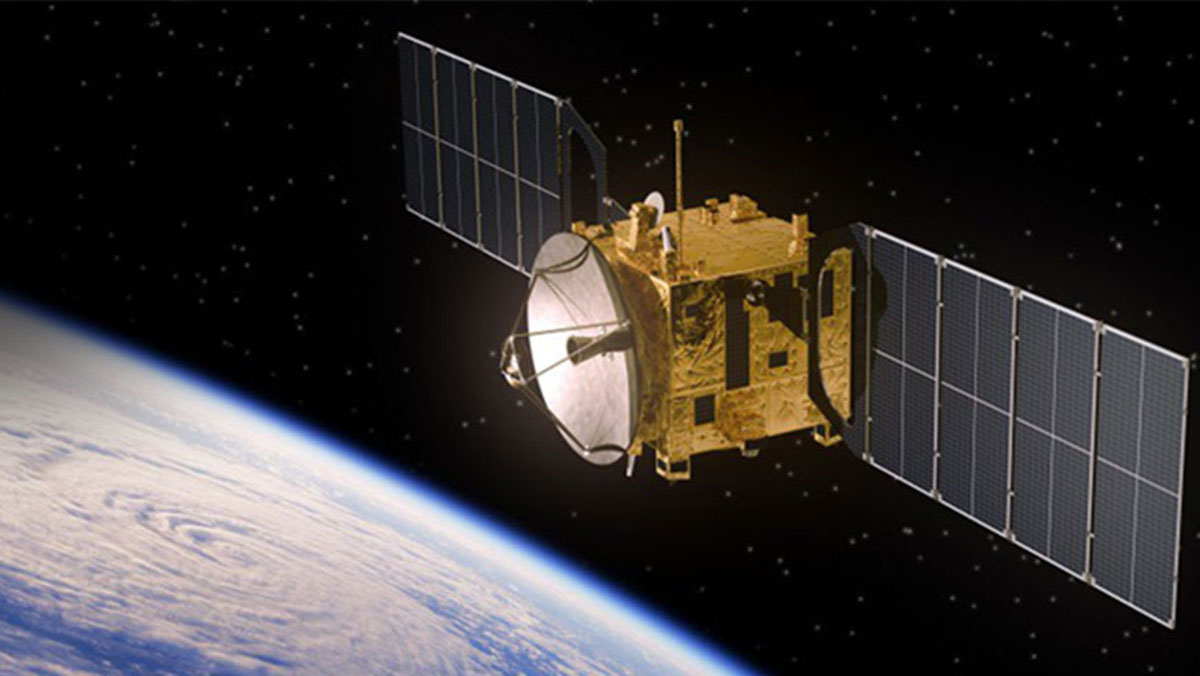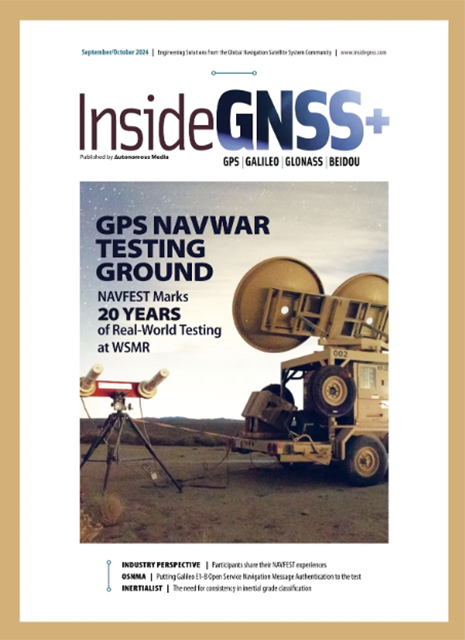 Sen. Dianne Feinstein
Sen. Dianne FeinsteinSen. Dianne Feinstein, D–California, the head of the Senate Select Committee on Intelligence, is working with Sen. Jay Rockefeller, D–West Virginia, who chair the Senate Committee on Commerce, Science and Transportation, to craft privacy legislation to protect people from intrusion by unmanned aerial vehicles (UAVs).
Feinstein said she had been confronted by a drone just outside the window of her home.
Sen. Dianne Feinstein, D–California, the head of the Senate Select Committee on Intelligence, is working with Sen. Jay Rockefeller, D–West Virginia, who chair the Senate Committee on Commerce, Science and Transportation, to craft privacy legislation to protect people from intrusion by unmanned aerial vehicles (UAVs).
Feinstein said she had been confronted by a drone just outside the window of her home.
“There was a demonstration in front of my house; so, I went to the window to peek out and see who was there. And there was a drone right there at the window looking out at me,” she told lawmakers during a Janary 15 Commerce Committee hearing. “Obviously the pilot of the drone had some surprise because the drone wheeled around and crashed. I felt a little good about that.”
The privacy concerns are “significant,” she said, pointing out that such a drone could have had a camera or microphone attached, perhaps a firearm. “
Even with civilian drone technology in its infancy, privacy concerns are significant,” Feinstein told the committee hearing. “So, I believe we should take it very seriously and move with steps to protect the privacy and safety of our fellow citizens before these capabilities are developed and unleashed — not after. So that people will develop and build the industry to be able to adhere to certain privacy restrictions.”
She called for ”strong, binding, enforceable privacy policies that govern drone operations,” which should be completed “before the technology is upon us.”
At the hearing, Sen. Edward Markey, D–Massachusetts, asked Federal Aviation Administrator (FAA) Michael Huerta if he “would welcome” the authority to set privacy regulations as part of the FAA’s mandate to devise rules for unmanned craft to operate in U.S. airspace. Markey introduced the Drone Aircraft Privacy and Transparency Act of 2013 (S. 1639) in November, which would have the FAA incorporate privacy principales into its rule-making process.
“We would welcome the opportunity to work with our federal partners on a way forward, ” responded Huerta, after noting that “the FAA’s primary mission is safety.”
“The good news,” said Markey to Chairman Rockefeller, “is that the Federal Trade Commission [FTC] also has jurisdiction over privacy, and it’s also within this committee. We can give the authority to the Federal Trade Commission in order to make sure that we fill this gap to empower Americans, empower people to protect themselves even as this industry creates billionaires all across the country.”
The FTC does have some jurisdiction with regard to commercial unmanned systems because they are involved whenever data are sold, said Ben Gielow, the government relations manager and general counsel for the Association for Unmanned Vehicle Systems International (AUVSI). “The Federal Trade Commission said a couple of months ago that they were looking at the use of commercial unmanned aircraft.”
Gielow said that any privacy legislation should address the issue of privacy itself and not be limited to privacy as it applies to UAVs.
“If Congress or the states want to pass legislation, they should do it in a technology-neutral fashion,” Gielow told Inside GNSS. “What we mean by that is, if they limit the use of an unmanned aircraft because of the data it collects or the picture it collects, they are not really addressing the underlying issue of privacy — because you could take a picture via a cell phone, a street camera, a manned platform, or an unmanned platform. What we want to see the privacy debate focused on is the right to take the picture and gather the data, not how you collect it.”
The debate over privacy is widely seen as a key factor in delays in setting rules for integrating unmanned systems into the national airspace. That process was stretched out yet again this month when the FAA pushed back to November 2014 the publication of its planned notice of proposed rulemaking for small UAVs.
The FAA has been working on this rule for a number of years and they were supposed to have released it for pubic comment back in 2011, said Gielow. So, it has been continually delayed but, as of this month, the delay reaches all the way into 2014.
Small companies would be hurt the most he said and they may have to find other ways to survive, including selling their systems overseas — or even moving their production to countries were the use of UAVs is allowed.
“It is going to have a significant impact on when small unmanned aircraft are going to be able to flown commercially,” Gielow said. “That ultimately is what we have been pushing very hard for. Until that rule is written and finalized, there will be no commercial aircraft flying in the airspace.”





